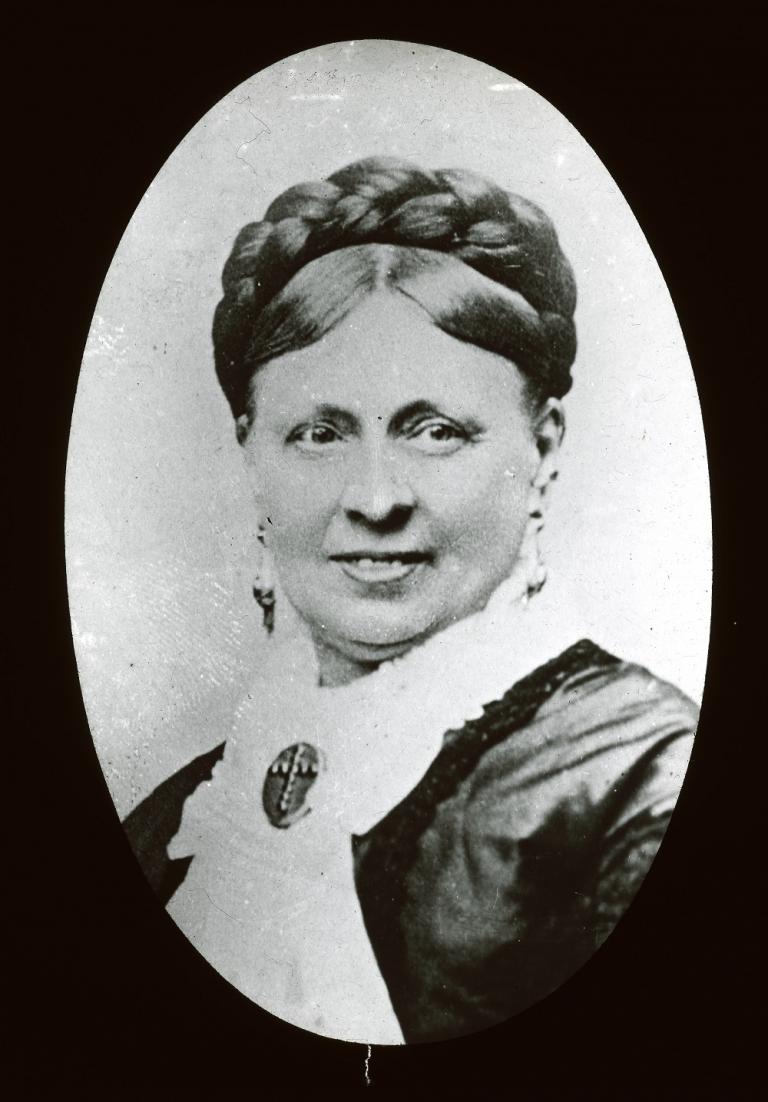The Seven Principles of Spiritualism
The foundations of our belief
The original Seven Principles of Spiritualism were channeled by English medium, Emma Hardinge Britten, in 1871. It is this version of the Seven Principles that is included in The Spiritualist Church of New Zealand Act of Parliament (1924).
These original principles are channeled and written in the language of that era and do not always resonate with people in today’s world. For this reason, some Churches have elected to re-write the principles in contemporary and inclusive language.
These Seven Principles
- supply a common basis of belief, a spiritual philosophy
- are a foundation for a way of life
- allow Spiritualism to be free from creed or dogma as a religious philosophy
- do not necessarily express the full creed of all Spiritualists.

Emma Hardinge Britten
The Seven Principles of Spiritualism
- The Universal Fatherhood of God
- The Universal Brotherhood of Man
- The Communion of Spirits and the Ministry of Angels
- The Survival of Bodily Death
- Personal Responsibility
- Compensation and Retribution, here or hereafter, for all the Good and Evil Deeds done on Earth
- Eternal Progress open to every Human Soul
A more detailed discussion of them is available for you in our article ‘The Seven Principles of Spiritualism – A Reflection‘.
Alternative Versions of the Seven Principles
This chart includes the channeled version as cited in the Spiritualist Church of New Zealand Act (1924) alongside four contemporary versions from the Spiritualist churches of Christchurch, Dunedin and Wellington, and also the Spiritualist Church of Canada. There are a number of versions of the Principles being used around the world.
